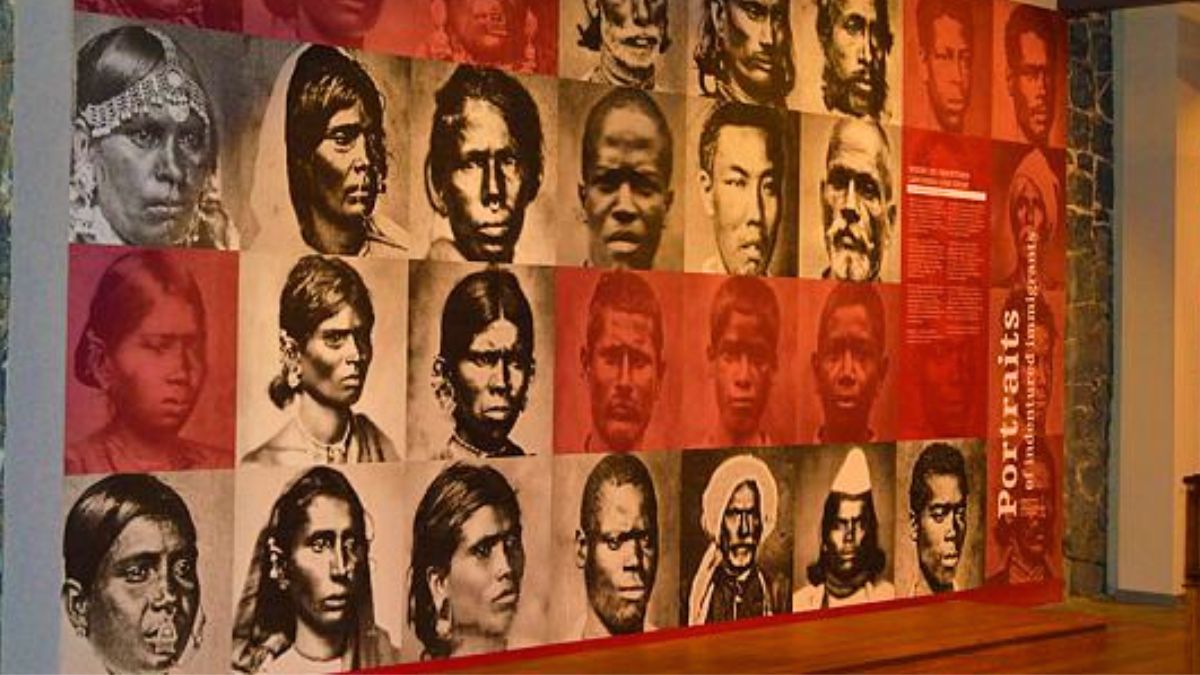News
Unveiling 450,000 Mauritian Roots: Immigration Archives Going Digital

The archives of Indian immigration, housed at the Mahatma Gandhi Institute’s Folk Museum, are on the verge of being digitized. This was announced by Raj Rampertab, Director-General of the Mahatma Gandhi Institute-Rabindranath Tagore Institute (RTI), on June 5th.
These unique archives, dating back to the mid-19th century and early 20th century, contain details of the workers who came to Mauritius.
The documents are “aging” and despite the security measures in place, signs of wear and tear have been observed.
Only accredited employees of the MGI have access to over 2,000 registers that provide information on approximately 450,000 workers who arrived in Mauritius between 1842 and 1910.
The digitization process began around 7-8 months ago, but it took a new turn after Indian President Droupadi Murmu’s visit to the Folk Museum during the national celebration in March.
Murmu appreciated her visit and asked what she could do to support the MGI. Following this, India’s High Commissioner to Mauritius, Nandini Singla, took over the initiative.
After discussions, it was agreed that India would support the MGI in the digitization process. The project is currently underway.
According to Rampertab, only those who want to establish their family tree and trace their ancestors back to India can access the information. However, an individual can only access information related to their direct family members and not others.
Singla confirmed India’s support for the project, stating that it is a “bilateral project between the governments of India and Mauritius, between the MGI and the National Archives of India.” Two Indian experts will travel to Mauritius to provide training on the new digital system.
The project is divided into three parts: preservation of documents, digitization of documents, and training by Indian experts from the National Archives of India.
The cost of the project is still being determined. According to Singla, there is a part related to equipment, including scanners and software necessary for the project.
The archives were transferred from the National Archives to the MGI in 1978. They contain various documents, including Emigration Agency Certificates from Calcutta, Bombay, and Madras, marriage certificates from Calcutta, Bombay, and Madras, lists of workers who returned to India, photos of workers arrested for vagrancy, police warrants, among others.
In 2015, the Indian immigration archives were inscribed on UNESCO’s International Memory Register World Heritage List, recognizing their exceptional value.
Source: l’Express











